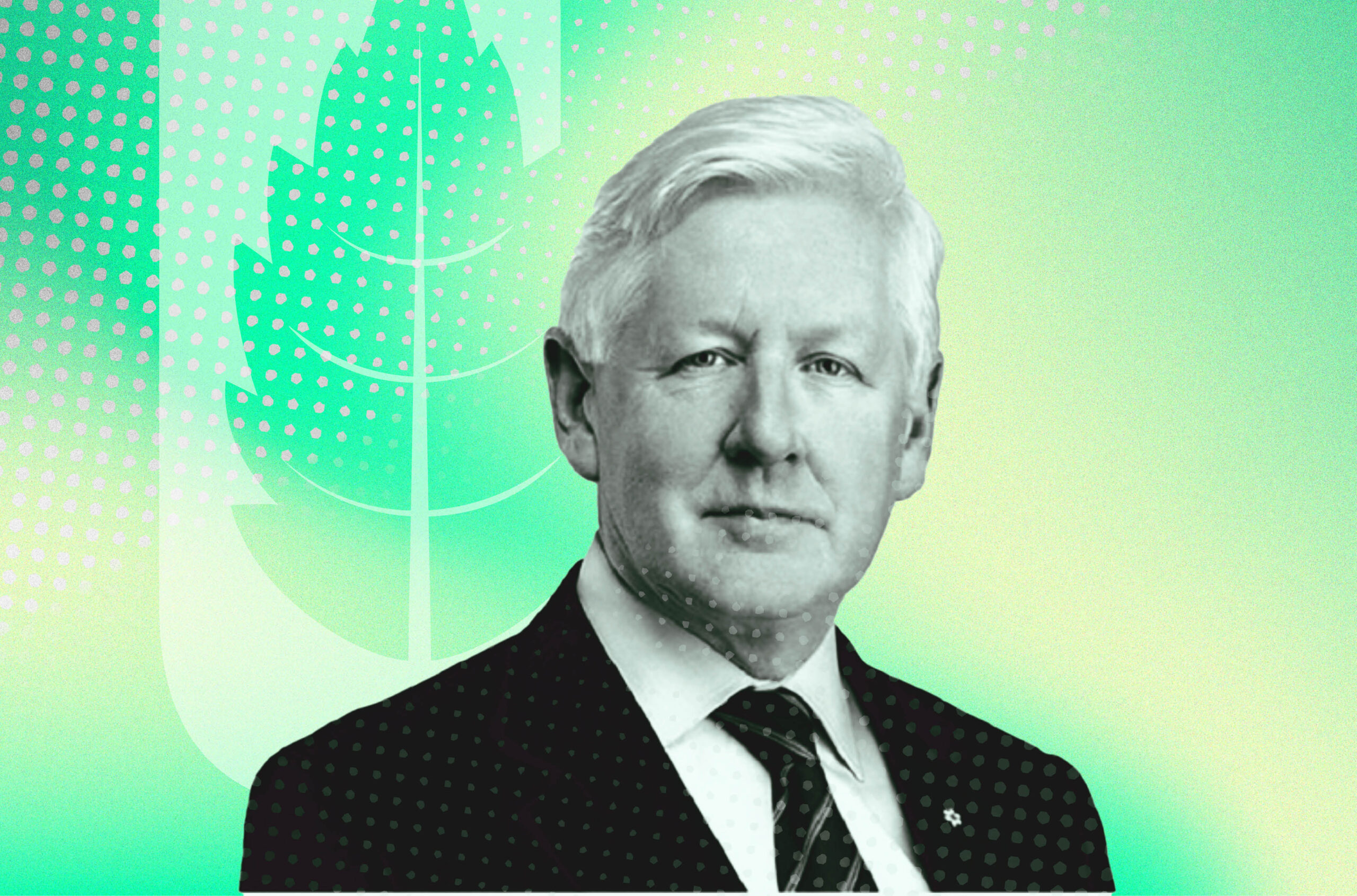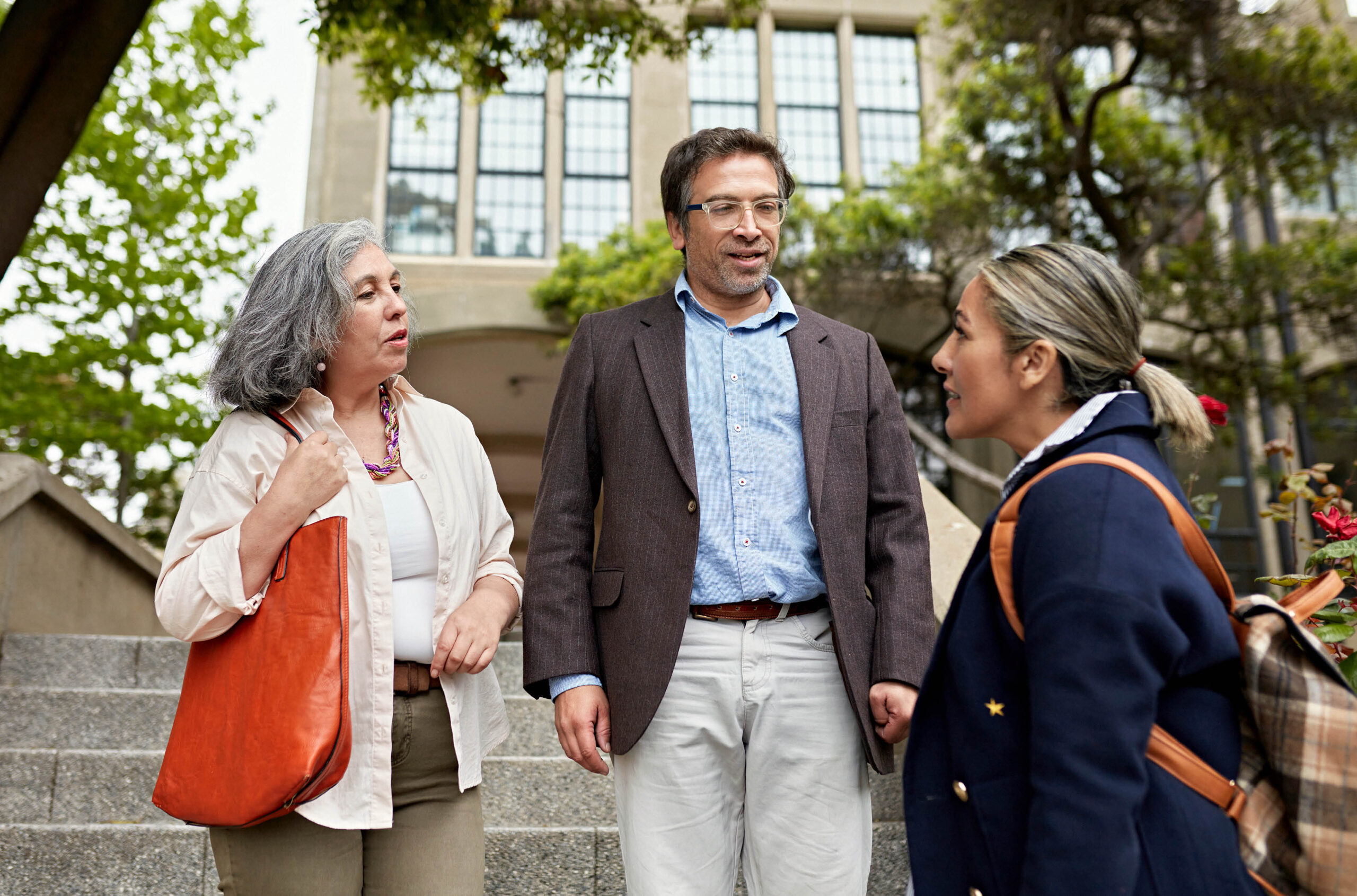Equity and academic programming: beyond simply an additive approach
Why Canadian universities need to think more holistically to effectively integrate more robust forms of equity.

In the midst of ongoing colonialism, racism and other forms of systemic oppression in Canada and across the globe, universities continue to grapple with our obligations to foster more robust forms of equity in public life. Increasing public attention to the violence and harm done by institutions against marginalized communities confirms that equity is a national concern relevant across institutions and communities.
In this context, pressing questions for universities emerge. What are universities’ obligations to the public? How can universities ensure that the impact of research and teaching does not contribute to ongoing forms of inequity, and ideally supports more equitable relationships, communities and institutions? In the summer of 2021, the board of governors at my institution, Toronto Metropolitan University (TMU), approved the 22 recommendations in the Standing Strong Task Force (SSTF) report. Alongside a recommendation calling for the university’s name to change, recommendation nine advises that “academic programs contain mandatory learning opportunities about Indigenous history and Indigenous and colonial relations for all students.”
In a recent report addressing the implementation of this recommendation at TMU, I suggest that existing initiatives related to equity and academic programming at many Canadian institutions risk endorsing a tokenistic, additive approach, and one that serves neither students nor the public well.
It is likely that both students and society will be best served by an integrated, holistic set of outcomes that are responsive to a student’s area of study and that prepare them to recognize inequity and contribute to equity. How might faculty and universities approach equity and academic programming with an eye toward pursuing learning outcomes that are responsive to disciplinary, professional and public-facing demands?
In response to calls from Indigenous faculty, staff and students, Canadian universities have been making a concerted effort to integrate more Indigenous knowledge and experience in programming and course content for at least three or four decades. Universities across Canada are now in various stages of ensuring that students graduate with knowledge about Indigenous history and contemporary life as well as a deeper understanding of equity, diversity and inclusion.
National accreditation efforts and provincial commitments mirror universities’ increased attention to Indigenous content and to equity in programming. Accreditation and professional bodies are beginning to formally consider how education in their respective disciplines might attend to equity. Likewise, at the provincial level, bodies such as the Ontario Council of Academic Vice-Presidents are assessing degree level expectations for their attention to equity, diversity and inclusion.
Curricular and pedagogical research is also highly relevant when considering equity and academic programming. On the whole, decades of research demonstrates that when faculty and programs focus on outcomes and not only or primarily on content, students are more likely to have impactful learning experiences. In contrast, while exceptions in specific programs and disciplinary areas exist, a scan of efforts related to academic programming and equity at Canadian universities points to an overwhelming focus on content with little to no consideration of outcomes, particularly at the pan-university level. There is a significant risk that a focus on adding one or two courses and content that remains detached from the remainder of the curriculum will minimize, devalue, and/or sideline these courses and content, and bifurcate learning related to equity from the rest of a student’s education.
Bold and innovative change related to equity and programming will have at least three components. It will:
1. Be systemic and faculty member- and program-driven
It is important that academic leaders and administrators make frequent commitments to equity, whether in statements within their institutions or more broadly. However, it is faculty members who most centrally drive program change through various well-established deliberative and governance structures and policies. When possible, program changes related to equity can be aligned with institutional quality assurance processes and periodic program reviews.
2. Work toward outcomes that are integrated across disciplinary, professional and public-facing priorities and expectations
Upon completion of their degree programs, students will enter a world that is complex and multi-layered. It is possible for programs to identify and pursue outcomes that are responsive to professional demands and to the challenges of an inequitable world. Faculty members in any given program can consider: what does it mean for our graduates to serve their professions and in those contexts consider inequity and contribute to equity? Outcomes that serve disciplinary, professional and public-facing/equity priorities can in turn shape course content.
3. Support students’ capacities to recognize inequity and contribute to equity in their chosen professions and communities
Upon graduation, students will advance their professions, interact with multiple communities and stakeholders and make contributions to particular and various communities. In this context, faculty members and universities have the opportunity to consider how academic programming, irrespective of degree program, can strengthen students’ capacities to contribute to the practices of living together well.
This work will present challenges. For example, in a series of approximately 15 engagement meetings at TMU in spring 2023 related to the implementation of recommendation nine, community members stressed that a) learners in university settings (whether students, staff, or faculty) are situated and varied, b) program change related to equity will be both coordinated and collective, and c) the alignment of resources, priorities and programmatic plans is essential. Community members have also emphasized the need for ongoing and public dialogue about this work.
Universities across Canada, have an opportunity to look beyond single courses and isolated content when it comes to equity and academic programming. We can serve our students and the public well by, in multiple conversations and over time, shaping programs that prioritize an integration of disciplinary, professional, public-facing and equity-related outcomes.
Jennifer S. Simpson is professor in the school of professional communication at Toronto Metropolitan university and special adviser to the president, EDID.
Featured Jobs
- Finance - Faculty PositionUniversity of Alberta
- Medicine - Associate or Full Professor (Kidney Health)Université de Montréal
- Sociology - Tenure-Track Position (Crime and Community)Brandon University
- Engineering - Assistant or Associate Professor (Robotics & AI)University of Alberta














Post a comment
University Affairs moderates all comments according to the following guidelines. If approved, comments generally appear within one business day. We may republish particularly insightful remarks in our print edition or elsewhere.